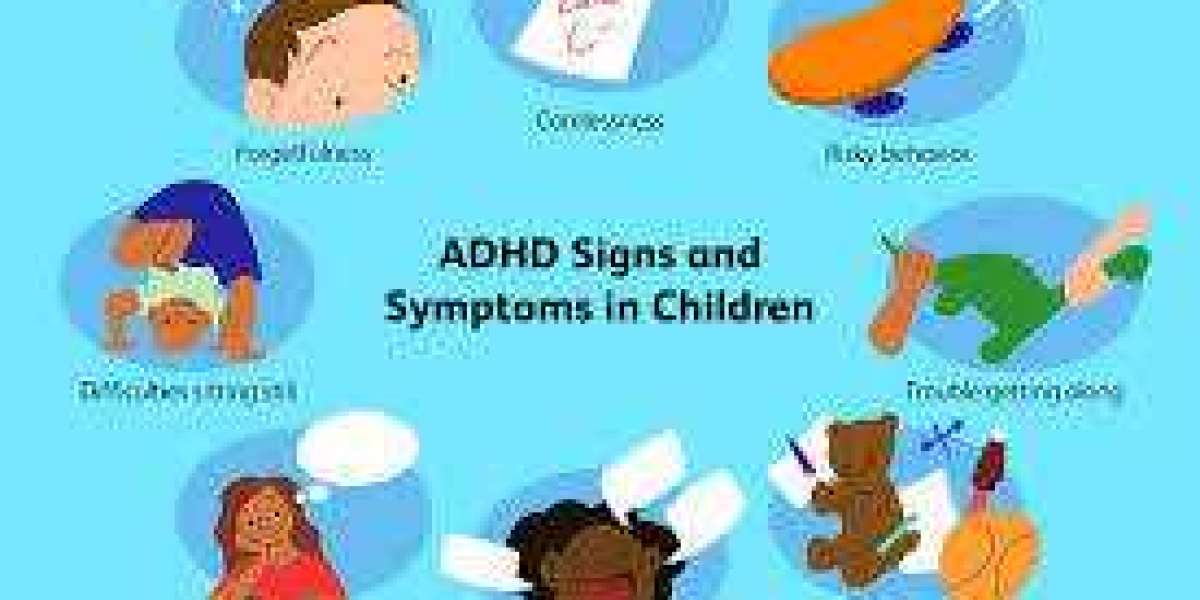Introduction
Attention-Deficit/Hyperactivity Disorder (ADHD) is a complex neurodevelopmental condition characterized by persistent patterns of inattention, hyperactivity, and impulsivity. As awareness of ADHD grows, so does our understanding of its intricate connections to various aspects of life, including academic performance, social relationships, and mental health. This article explores these connections to provide a comprehensive view of how ADHD impacts individuals and their interactions with the world.
ADHD and Academic Performance
Challenges in the Classroom
One of the most noticeable impacts of ADHD is on academic performance. Children with ADHD often struggle with attention regulation, which can lead to difficulties in completing assignments, following instructions, and staying organized. These challenges are exacerbated by impulsivity, which may result in hasty mistakes or difficulty adhering to classroom rules.
Support Strategies
To mitigate these challenges, schools and educators can implement various strategies. These may include individualized education plans (IEPs), classroom accommodations, and behavioral interventions. Techniques such as breaking tasks into smaller, manageable steps and using visual aids can help students with ADHD stay focused and improve their academic performance.
ADHD and Social Relationships
Interpersonal Difficulties
ADHD can significantly affect social interactions. Individuals with ADHD may struggle with impulse control and emotional regulation, leading to difficulties in maintaining relationships. They might interrupt conversations, have trouble listening, or exhibit inappropriate behaviors, which can lead to misunderstandings and conflicts with peers.
Building Strong Connections
Developing social skills and emotional intelligence can help individuals with ADHD build and maintain positive relationships. Social skills training, therapy, and support groups can provide strategies for improving communication and managing social interactions more effectively. Additionally, fostering environments that emphasize patience and understanding can enhance social integration.
ADHD and Mental Health
Co-occurring Conditions
ADHD is often associated with other mental health conditions, such as anxiety, depression, and learning disabilities. The stress of managing ADHD symptoms can contribute to the development of these co-occurring conditions, creating a complex interplay that requires careful attention.
Comprehensive Treatment Approaches
Addressing ADHD alongside co-occurring conditions necessitates a holistic treatment approach. This may include medication, psychotherapy, and lifestyle changes. Cognitive-behavioral therapy (CBT) and mindfulness practices can be particularly effective in managing symptoms of anxiety and depression in individuals with ADHD.
ADHD and Family Dynamics
Impact on Family Life
ADHD can affect not only the individual diagnosed but also their family members. Parents may experience increased stress due to the challenges of managing their child's symptoms and navigating educational and healthcare systems. Siblings may also feel the impact of attention and resources being directed toward the individual with ADHD.
Strategies for Family Support
Family therapy and support groups can offer valuable resources for families dealing with ADHD. These settings provide a space for family members to share experiences, learn coping strategies, and receive support. Establishing clear communication, setting realistic expectations, and developing a structured home environment can also help manage the impact of ADHD on family life.
ADHD and Daily Functioning
Routine and Organization
Individuals with ADHD often face difficulties with organization and time management. Daily tasks, such as maintaining a schedule, keeping track of responsibilities, and managing household chores, can become overwhelming. These challenges can affect various areas of life, including employment, personal finances, and self-care.
Enhancing Daily Functioning
Implementing organizational tools and techniques can improve daily functioning for individuals with ADHD. Strategies such as using planners, setting reminders, and breaking tasks into smaller steps can enhance productivity and reduce stress. Additionally, creating a structured routine can help individuals manage their responsibilities more effectively.
ADHD and Educational Pathways
Academic and Career Choices
ADHD treatment can influence educational and career choices, often leading individuals to explore fields that align with their strengths and interests. While some may face difficulties in traditional academic settings, others may excel in dynamic and creative environments that accommodate their unique learning styles.
Navigating Educational and Career Success
Supportive educational and career counseling can help individuals with ADHD identify and pursue paths that align with their strengths. Academic accommodations, mentorship, and vocational training can provide valuable support in achieving educational and career goals.
Conclusion
Understanding the multifaceted connections of ADHD is essential for providing effective support and fostering positive outcomes for individuals affected by the disorder. By addressing the challenges and leveraging the strengths associated with ADHD, we can create environments that promote success and well-being across various domains of life. Comprehensive approaches that encompass academic support, social skills development, mental health care, family dynamics, and daily functioning are crucial for managing ADHD effectively and enhancing overall quality of life.







